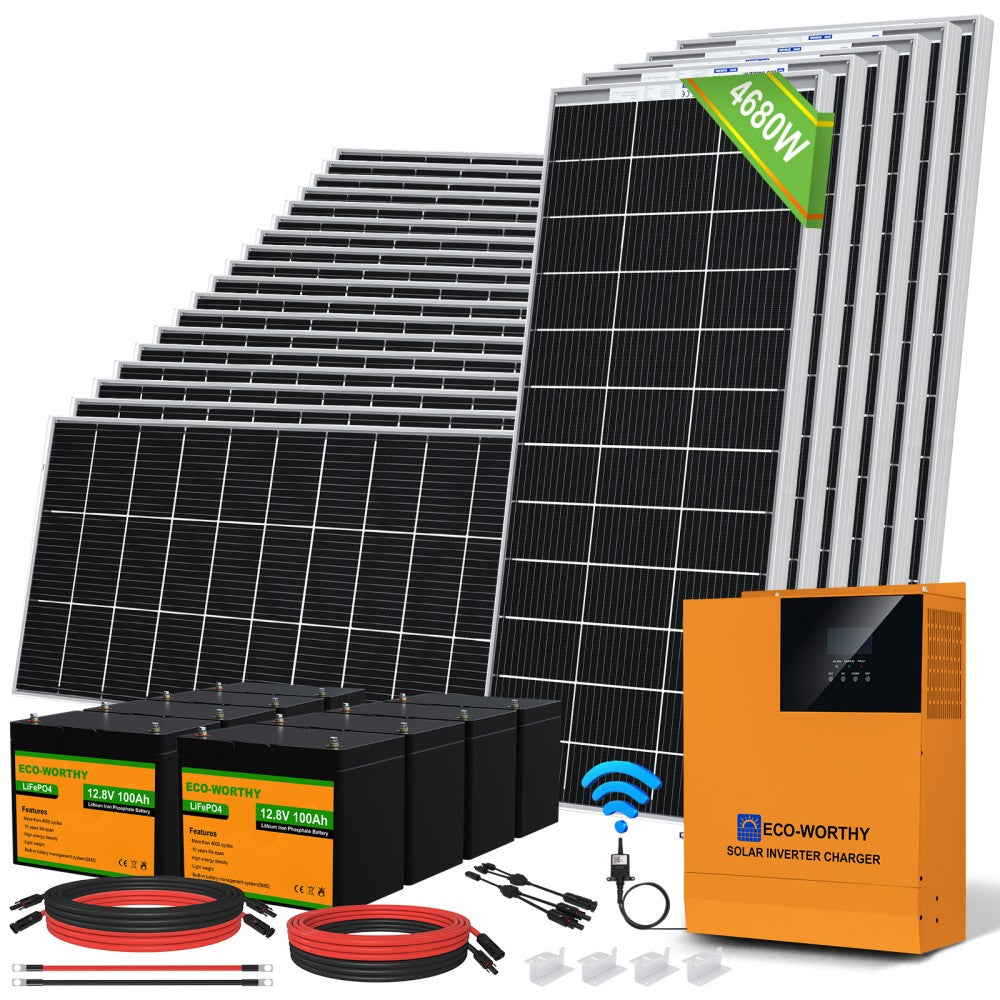The Ultimate Guide to Choosing the Right Full Off Grid Solar System for Your Home
Body
In an era where sustainability is paramount, many homeowners are considering a full off grid solar system as a viable energy solution. This guide aims to provide a comprehensive understanding of what a full off grid solar system entails, its components, and how to choose the right one for your needs.

Understanding the Full Off Grid Solar System
A full off grid solar system is designed to operate independently of the traditional electricity grid. This system harnesses solar energy, stores it in batteries, and uses it to power your home. But how does it work? Essentially, solar panels convert sunlight into electricity, which is then stored in batteries for later use. This setup allows for energy independence and can significantly reduce your carbon footprint.
Key Components of a Full Off Grid Solar System
When considering a full off grid solar system, it is crucial to understand its main components:
- Solar Panels: These are the heart of the system, converting sunlight into electricity.
- Inverter: This device converts the direct current (DC) electricity generated by the solar panels into alternating current (AC) electricity, which is used by most household appliances.
- Batteries: Energy storage is vital for off-grid systems. Batteries store excess energy generated during sunny days for use during cloudy days or at night.
- Charge Controller: This component regulates the voltage and current coming from the solar panels to prevent overcharging the batteries.
Benefits of a Full Off Grid Solar System
Opting for a full off grid solar system offers numerous advantages:
- Energy Independence: You are no longer reliant on the grid, which can be particularly beneficial in remote areas.
- Cost Savings: Although the initial investment may be high, the long-term savings on electricity bills can be substantial.
- Environmental Impact: Using renewable energy reduces your carbon footprint and contributes to a healthier planet.
"Investing in a full off grid solar system is not just about saving money; it's about making a commitment to sustainability." - Solar Energy Expert
Choosing the Right System for Your Home
When selecting a full off grid solar system, consider the following factors:
- Energy Needs: Assess your household's energy consumption to determine the size of the system required.
- Location: The amount of sunlight your location receives will influence the efficiency of your solar panels.
- Budget: Establish a budget that includes installation costs, maintenance, and potential upgrades.
Conclusion
In conclusion, a full off grid solar system can be an excellent investment for homeowners looking to embrace renewable energy. By understanding the components, benefits, and considerations involved, you can make an informed decision that aligns with your energy needs and sustainability goals. For more information on specific products, consider exploring options like the SolarMax 3000W Solar Panel, which is designed for optimal performance in off-grid applications.
For a visual guide, check out this informative video on installing a full off grid solar system.











Comments